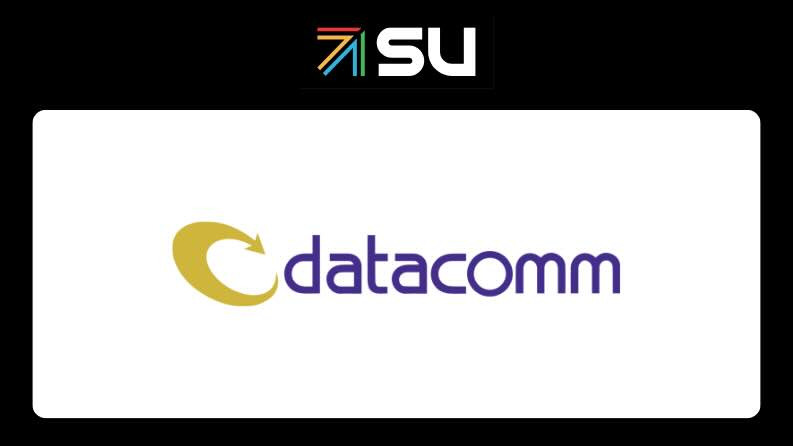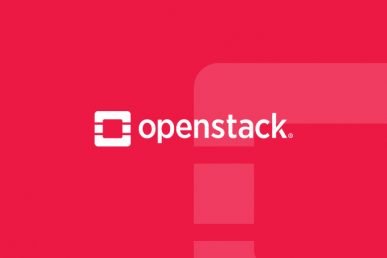Many people are trying to figure out how containers and Kubernetes fit in with OpenStack. Here’s the perspective of Sardina Systems’ Mihaela Constantinescu.
For some context: Sardina is an award-winning company headquartered in London that developed a technology to automate HPC operations in large-scale cloud data centers, such as collecting utilization metrics, driving scalable aggregation and consolidation of data plus optimizing resource demand to resource availability. Sardina offers FishOS, an OpenStack and Kubernetes cloud platform that aims for zero-downtime operations.
The why of containers
Container technology serves two key functions: software packaging and kernel privilege segmentation. Kubernetes extends on these key functionalities further to enables programmable, flexible, rapidly deployable environments.
While some OpenStack distributions have chosen to deploy OpenStack in a containerized manner using Kubernetes, Sardina believes the benefits of this deployment approach can also be attained by coupling a smart deployer and well-engineered RPM packages.
For example, the FishOS Deployer provides a solution to easily migrate OpenStack management services from one node to another, or to flexibly upgrade or downgrade software packages. These capabilities enable broad audience of operators to be able to confidently deploy, operate and upgrade FishOS OpenStack platforms, without dictating in-depth understanding of Kubernetes as prerequisites.
Benefits for service consumers and operators
For service consumers like developers working in enterprise environments, Kubernetes’ support for programmable, agile and rapidly deployable environments with self-service degree of control is very valuable. With OpenStack Magnum, FishOS enables Operators in enterprises to easily provide multi-tenanted Kubernetes environments, with proven security assurances.
With FishOS, service consumers also gain from persistent block storage, software defined storage and software defined networking. While FishOS supports a broad range of storage options, FishOS provides Ceph as the default storage option. With integration between Ceph and Kubernetes in FishOS, users can benefit from persistent storage without extra complexities.
Containers and Kubernetes vs. OpenStack? Or containers and Kubernetes and/with OpenStack?
At times, containers and Kubernetes have been positioned as replacements for OpenStack or seen as competing with OpenStack. While some of use cases may overlap, one is not the replacement for the other. Rather, they could work together to deliver greater value to both service consumers and operators.
FishOS supports both running Kubernetes clusters within VMs and on bare metal servers. Some have viewed VMs as additional unnecessary overhead when running Kubernetes clusters, in favor for running Kubernetes on bare metal servers instead. Typically, in organizations where the service consumer and operator are loosely coupled, in relative terms, it would make sense to run Kubernetes clusters within VMs, to benefit from the strong security segregation of VMs, as well as reliability and resilience afforded by VMs. The greater security, reliability and resilience benefits come at the price of KVM overhead, typically seen as approximately 4 percent of peak system performance. Is 4 percent too high a price to pay?
Conversely, in organizations with a tightly coupled relationship between the service consumer and operator, it would viable to run Kubernetes clusters on bare-metal servers to gain better performance, though potentially being exposed in the event of any security glitch or encountering down time in the event of faults in the data center.
What’s next, and a challenge
To show Sardina’s support for OpenStack and its open-source model, we’re offering free no-charge access to the FishOS Deployer for a limited period of time. Please visit www.sardinasystems.com for more info or contact us at [email protected] .
Here’s a challenge: If you find a use case that cannot be met without Kubernetes, get in touch with Sardina Systems. We’ll give you a free ticket to the next OpenStack Summit.
Mihaela Constantinescu will also be at the Summit in Berlin. Here’s how to contact her.
- Demystifying Confidential Containers with a Live Kata Containers Demo - July 13, 2023
- OpenInfra Summit Vancouver Recap: 50 things You Need to Know - June 16, 2023
- Congratulations to the 2023 Superuser Awards Winner: Bloomberg - June 13, 2023

)









